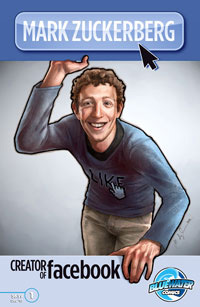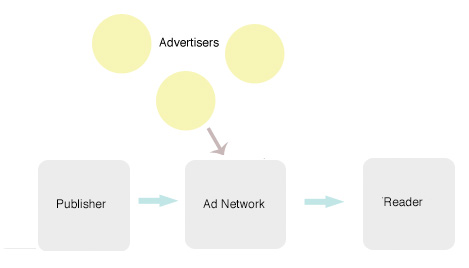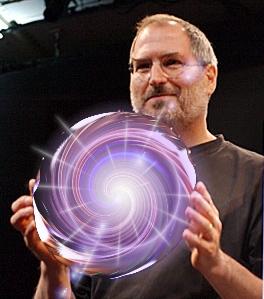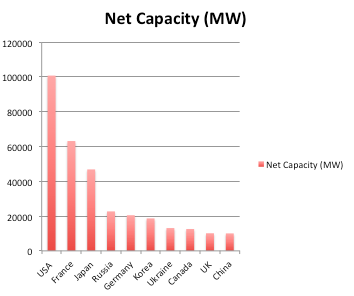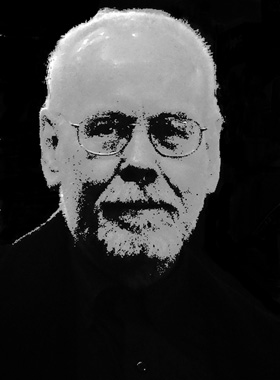
Wikileaks has always been a commercial enterprise hiding behind a narcissistic “public interest” PR, says Cryptome operator John Young in a scathing critique of the site.
Whistleblower site Cryptome began publishing documents in 1996, incurring the wrath of UK and US governments. The archive endures. Young was invited to be the “public face” of Wikileaks at the formation of the venture, but declined. Now Young believes Wikileaks is selling its secrets for commercial gain. Speaking to US talk radio, Young compared Julian Assange to Henry Kissinger, and other “spook insiders” who have turned their insider knowledge into a lucrative sideline.



